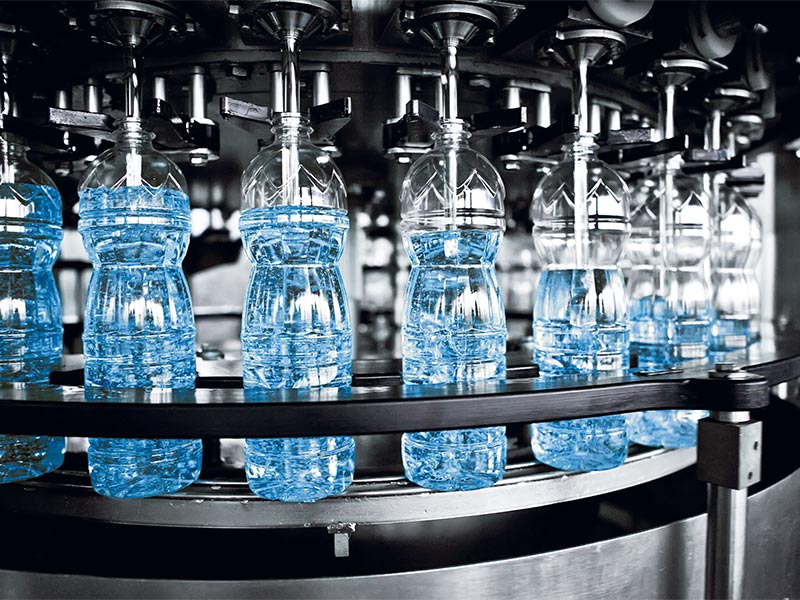Humidification for wine storage
Good soil, sunny slopes, passionate winegrowers: These are the optimum conditions for the production of good wines. To preserve or even improve their quality, storerooms and wine cellars must be kept at a constant temperature and the humidity must be strictly controlled.
Dry air — even air entering through the side of the barrel — causes the wine to evaporate, and this continues until the humidity inside the barrel is the same as the humidity in the ambient air in the storeroom.
Even bottled wine that has already been corked requires a constant climate, otherwise it will turn to vinegar. Cool, dark, and sufficiently damp — these are the optimum storage conditions for wine. Whether a stationary humidification system will create the appropriate climate or a system connected to the ventilation is required depends on the conditions in situ. But it is certainly a worthwhile investment.
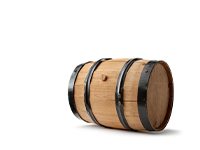
Wine storage


Bottling plant
In the course of industrial bottling or packaging processes, the plant operators must be able to guarantee the most precise air humidity possible in the respective ambient air. Depending on the type of bottled goods and the equipment used for it, only room air that is kept dry above average levels (dehumidification) can ensure optimum process quality. For example, the contact of warm, moist air with colder surfaces, e.g. in breweries, causes condensation to form, thus increasing the risk of puddle formation and corrosion. Too much condensation also reduces the adhesion of the labels to the bottles, among other things; this causes them to easily become detached.
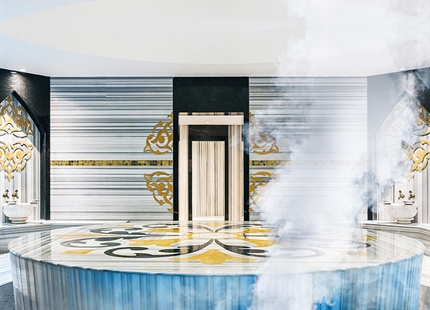
Hammam, Caldarium and Rhassoul
A hamam is a steam bath in which a special bathing ceremony is held,
and is an important part of Islamic bathing and physical culture.
The focus is...
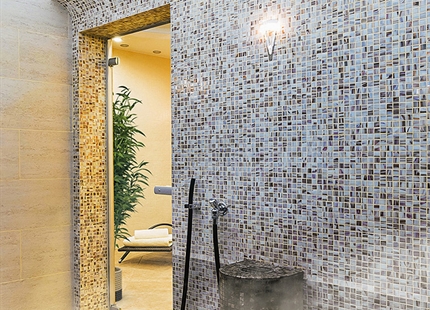
Steam bath and steam shower
Nowadays, many hotels and health clubs offer spa facilities for the well-being of their guests and members:
A swimming pool, a sauna and more and mor...

Office Rooms
Employees must feel comfortable as they work. Motivation, efficiency, and health can be improved through contemporary design of the workplace. The ri...

Fashion Industry
An “electric shock” when touching a clothes rail; hair that takes on a life of its own when trying on clothes. Dry air can really spoil the fun of go...

Food Storage
Hygroscopic (moisture-drawing) foods interact with ambient humidity. They either absorb water vapor from their environment or give off water vapor.
T...

Data Center
In data centers, humidifiers primarily ensure that electrostatic discharges and damage to sensitive hardware are prevented.
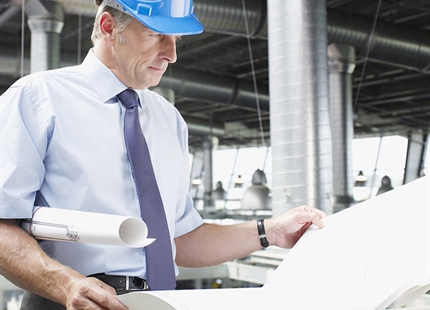
Electronic Industry
The dryer the air, the quicker electrostatic charges occur and the stronger they are. Consistent protection against ESD (electrostatic discharge) has...

Automotive Industry
To achieve optimum results, paintwork must be applied to vehicles in optimum environmental conditions. Crucially, humidity and temperature must meet ...

Call Centers
A good room air humidity in a call center not only ensures the employees’ well-being, but also their performance and health. Today, respiratory illne...

Museums
Museums are charged with the task of preserving treasures of humanity and art. The innumerable, often unique and irreplaceable exhibits are worth man...
